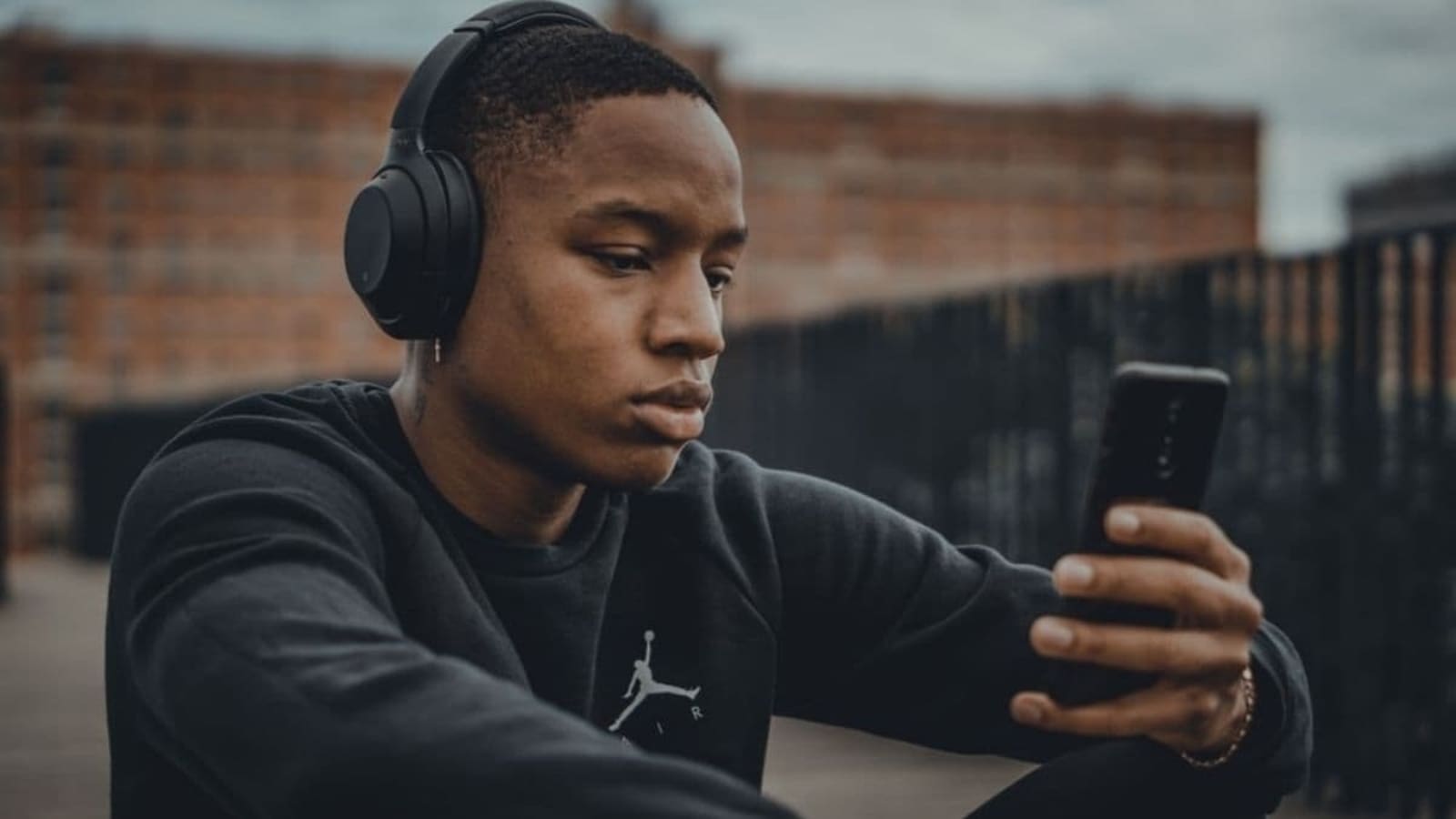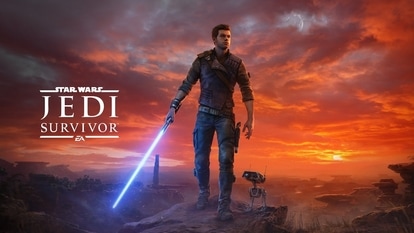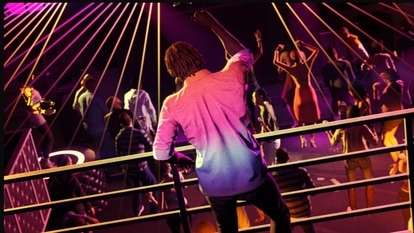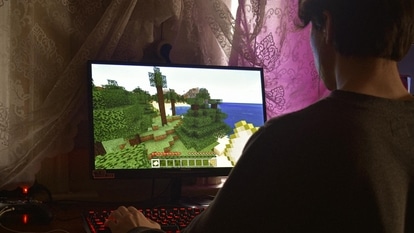What Musicians Like Grimes Can Teach Us About AI - Humans aren’t powerless in the face of automation
When I saw songwriter and producer Grimes perform live a decade ago, there was plenty of onstage tech equipment but clearly in the service of human music.

When I saw songwriter and producer Grimes perform live a decade ago, there was plenty of onstage tech equipment but clearly in the service of human music. Grimes was singing songs she'd composed, her fans were listening in a shared concert setting rather than through headphones, and maybe in the crowd a few budding musicians were inspired that night to write a tune of their own.
Today, these links in the artistic chain — composition, distribution, performance and inspiration — are on the cusp of a bigger tech-driven revolution, as Grimes and other musicians tell me in a special episode of the Crash Course podcast. Artificial intelligence is getting better at generating music that sounds like the real thing. Vocal deepfakes are already fooling us with pitch-perfect imitations of superstars, often without their consent. Ambient AI music trained to calm us is filling up “chill” Spotify playlists. And clicking refresh on AI composition software like Boomy is certainly easier than years of learning the Stairway to Heaven guitar solo.
We are now on WhatsApp. Click to join.
This obviously raises huge questions for the $26 billion music industry that only recently survived the advent of file-sharing by rebuilding itself around streaming platforms. The fear of seeing artists' penny-sized royalties evaporate completely as machines copy and replace recorded-music catalogs has led to a flurry of copyright lawsuits including one against Alphabet Inc. and Amazon.com Inc.-backed Anthropic Pbc. With music already an unequal pyramid, with 90% of royalties flowing to the top 1% of artists, the prospect of a huge supply of machine-manufactured music might kill off whatever passion or inspiration or career opportunities novice musicians have left.
What's interesting about Grimes, though, is that she sees opportunities for artists using AI in music — provided humans rise to the challenge of deploying it safely. While record labels swooped in to take down unauthorized deepfakes earlier this year, Grimes went against the grain by creating a new business model aiming to let artists decide: Her voice clone would be available for anyone to use, but any song released officially would split the royalties with her 50-50. For her fans and followers, it's a way of collaborating and writing without paperwork or gatekeepers; for Grimes, it's a way to cast her unique sci-fi persona wider and capture new markets. “I am really pro democratizing the process,” she told me.
Rather than sink into AI doomerism, Grimes echoes the economic theory that tech can “augment” jobs rather than replace them, cutting tedium and freeing up more time for creativity. And while I haven't yet heard AI music that I would put on my own playlists, seeing composers at work has been a wake-up call: There's a lot of creativity going on in the music of Benoit Carre, who releases under the name “Skygge” (Danish for “shadow”), or Ed Newton-Rex, who recently stepped down from startup Stability AI. While the actual level of demand for AI music is unclear today — though one Grimes AI song has racked up a respectable 1.6 million streams — we aren't yet in a machine-first world.
The operative word is “yet,” of course. Music's equivalent of OpenAI's mysterious Q* would be a robot that can spit out a full polished song at the touch of a button, and that will happen one day. It's hard to believe the 213,738 US workers who in 2016 identified their main occupation as “singer, musician or related worker” — according to census data cited by Alan Krueger's Rockonomics — would easily resist the combined pressure of streaming and an all-powerful sentient super-composer. Many musicians already struggle to make a full-time living from their art.
Which is why Grimes also has firm red lines and serious qualms about the risks involved in letting AI roam free, such as ensuring artists' consent and some level of control over what gets officially distributed. Record labels are also exerting control beyond lawsuits, by making AI music of their own and signing landmark agreements with the likes of ambient AI startup Endel. Another positive is if AI becomes a catalyst that improves the industry's economics to put humans first. Some tentative steps are being taken, from new payment models that pay humans more above a certain level to Spotify Technology SA's new tiered payout system. Better copyright certainty will be crucial to incentivizing future music production, especially if artists can protect not just their catalog but also their likeness or style.
Sure, we shouldn't be Panglossian about AI. All of these efforts to control the technology are in their infancy, and the music industry isn't exactly known for caring much for its artists beyond “riding the gravy train”, as Pink Floyd once sang. But we should all pay attention to what goes on in our Spotify playlists: If there's hope for musicians amid AI's onslaught, there's hope for all of us.
Lionel Laurent is a Bloomberg Opinion columnist writing about the future of money and the future of Europe. Previously, he was a reporter for Reuters and Forbes.
One more thing! HT Tech is now on WhatsApp Channels! Follow us by clicking the link so you never miss any updates from the world of technology. Click here to join now!
Catch all the Latest Tech News, Mobile News, Laptop News, Gaming news, Wearables News , How To News, also keep up with us on Whatsapp channel,Twitter, Facebook, Google News, and Instagram. For our latest videos, subscribe to our YouTube channel.






























